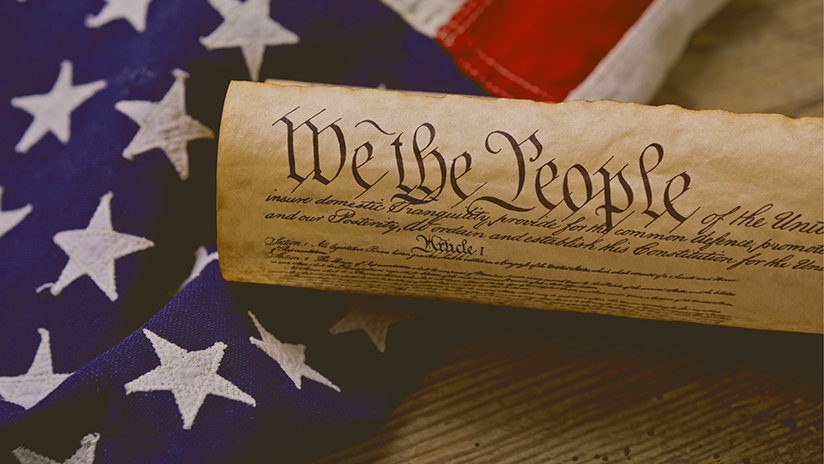
-
HOME
-
WHAT IS STANDOur Mission Our Values Our Help Contact
-
WHAT WE FIGHT FORReligious Freedom Religious Literacy Equality & Human Rights Inclusion & Respect Free Speech Responsible Journalism Corporate Accountability
-
RESOURCESExpert Studies Landmark Decisions White Papers FAQs David Miscavige Religious Freedom Resource Center Freedom of Religion & Human Rights Topic Index Priest-Penitent Privilege Islamophobia
-
HATE MONITORBiased Media Propagandists Hatemongers False Experts Hate Monitor Blog
-
NEWSROOMNews Media Watch Videos Blog
-
TAKE ACTIONCombat Hate & Discrimination Champion Freedom of Religion Demand Accountability
Religious Freedom & Business Foundation Spotlights the Value of Religion at Work
I had the pleasure of attending the Religious Freedom and Business Foundation’s (RFBF) Global Business & Interfaith Peace Awards virtual presentation this week. There, global business and social leaders were acknowledged for their work creating religious tolerance, diversity education, and inclusive collaboration in corporations and groups.

By way of background, the RFBF works with Fortune 500 companies to include religion as part of companies’ diversity and inclusion initiatives alongside those on age, race, gender, sex and veteran status. On the international level, RFBF works with employers to help them overcome challenges caused by religious division across the globe.
Brian Grim, RFBF’s founding president, is considered the world’s leading expert on the relationship between religious freedom and the economy, holds a doctorate from Penn State in quantitative sociology (a numerical approach to understanding human behavior), and is author of scores of academic articles and books.
Having been a CEO myself for more than 25 years in one of the most diverse cities in the U.S., I understand the importance and value of diversity in the workplace, and I was encouraged by this uplifting event. The core message I took away was that it is vital to recognize the importance of religion in the individual lives of a company’s staff. Creating an environment of inclusion—allowing workers to be who they are, and even practice their religion in the workplace—brings about a more cohesive company and positively impacts its bottom line.
Creating an environment of inclusion brings about a more cohesive company and positively impacts its bottom line.
Even in an ever more diverse world, we each have many things in common. We desire to perform at our highest level, want to work well with others, and hope to be respected for who we are and have our work appreciated for what it is, regardless of how we may be different. For the many who practice a faith, religion is essential to everyday life, and the fact that there are different religions, beliefs and customs is something that should be embraced, not serve as a source of strife. These were also principals espoused by our nation’s Founding Fathers. So as the workplace is a microcosm of our greater society, what better way to bring a community together than by starting there and learning to respect and appreciate our colleagues’ differences?
“One of the most beautiful qualities of true friendship is to understand and to be understood.”
—Lucius Annaeus Seneca
During the conference awards presentation, many notable company executives were recognized for their great strides towards creating a diverse religious environment with mutual respect and cooperation, including the CEOs of SPAN Construction and Intel, and the chairman of Tyson Foods.
During an era of global challenges that flood media outlets 24/7, it’s reassuring to know that there are business leaders—or perhaps I should just say leaders—who consider it a duty of the highest magnitude to bring about peace, cooperation and brotherhood in everyday life. Such an initiative unravels tensions across all faiths and makes a better world or, to paraphrase the message of Brian Grim: Religious freedom sets people free to do good. It gives them a sense of ethics. And it’s good for the bottom line.
We couldn’t agree more.









